News - Asia

Long-Term Entrenchment of Academic Downgrading Parallel Weakening of Mathematics and Literacy Chain Erosion of the Talent Development System China’s Service Center for Scholarly Exchange (CSCSE), an affiliate of the Ministry of E
Read More
Employment rate of married women aged 15–54 reaches an all-time high of 64.3% Number of career-interrupted women falls to 1.1 million, down 110,000 from a year earlier Public childcare policies and shifting social norms prove decisive The
Read More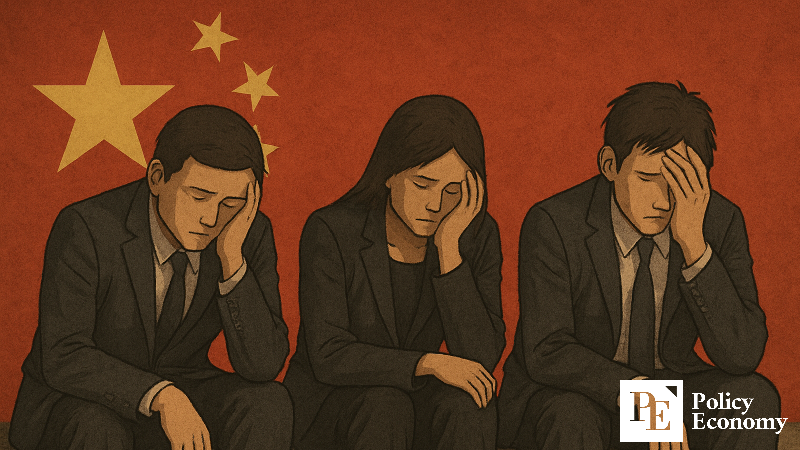
China’s youth unemployment rate jumped to 18.9% in August Seasonal factors compounded by an economic slowdown and flawed policy design have converged to intensify labor market stress “With prospects like this, maybe the military is an option,” young Chinese increasingly scour the job market in search of stable employment
Read More
Talent outflow amid ‘medical school craze,’ even math prodigies diverted to medicine Student exodus from majors with ‘conglomerate job guarantee’ under medical school tilt Hollowing-out of science and engineering talent, mounting concern over weakened national competitiveness
Read More
Lax oversight of seasonal worker and family-invitation schemes Illegal stay on the rise, broker involvement expanding Universities scrambling to recruit foreign students also exploited as illegal stay channels F
Read More
Risks of mass online mobilization and harassment Gendered imbalance of accountability, with a dual structure of blame and censorship concentrated on women Educational settings require fandom literacy, rapid-response mechanisms, and safety management informed by international precedents This article is a reconstruction tailored to the Korean market based on a contribution to the SIAI Business Review series published by the Swiss Artificial Intelligence Institute (SIAI).
Read More
"New Military Academies in China Draw Intense Interest from Youth" Once Dismissive Due to 'Poor Conditions,' Young Chinese Now Reconsider Enlistment Soaring Unemployment Triggers Shift in Perception of Military Careers Perce
Read More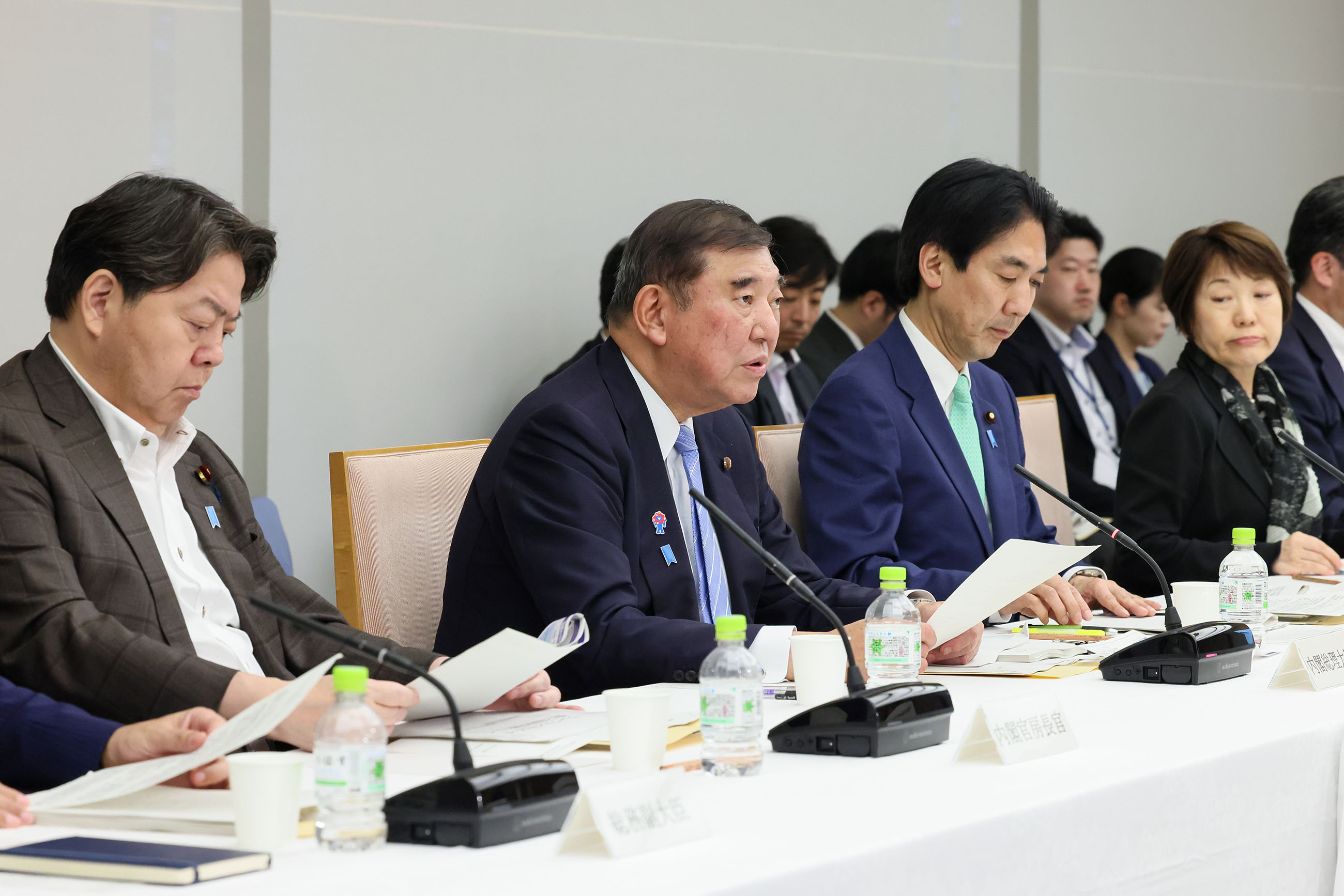
Japan Expands Financial Support for Foreign Talent Recruitment Using ¥10 Trillion University Fund Tohoku University and Other International Excellent Research Universities to Receive Increased Support France, UK, and Spain Launch Independent Talent Recruitment Strategies Across Europe
Read More
China’s Study Tour Revival Sparks Shift in Global Education Power Dynamics From Ivy League to Intra-Asia: Chinese Students Redefine Study Abroad Destinations Parents, Policy, and Pragmatism: What’s Fueling China’s Post-Pandemic Education Boom?
Read More
A Label with Ambition: Opening the Door to a European Degree Legal Labyrinth: Unearthing the Real Barriers to Integration Towards a Coherent European Higher Education Area
Read More
The Numbers Behind the Crisis: Vacancies That Cripple Institutions A Broken Pipeline: Why India Can’t Fill Its Classrooms The Stakes Are National: What India Risks by Ignoring Academia’s Collapse
Read More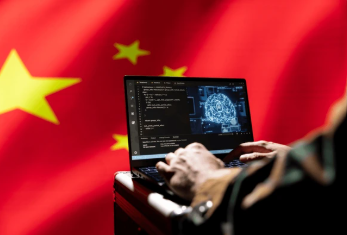
The Business-Driven Push for AI Adoption in Universities Government Support for University-Enterprise Collaboration Concerns Over Open-Source AI and Its Sustainability Chinese universities are adopting open-sourc
Read More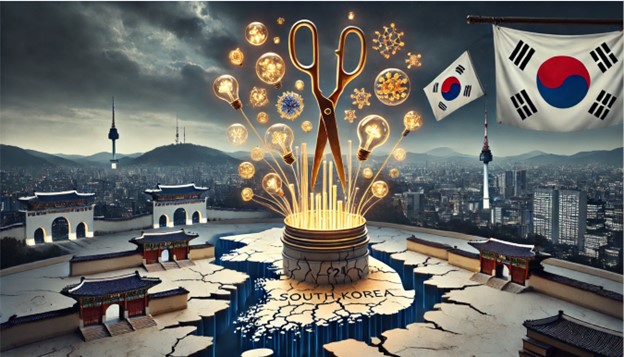
The Budget Cut That Destroyed the Pipeline The Human Cost of an Academic Dream Redefining the Prospective Course The Yoon Suk-yeol administration reduced the national research and develo
Read More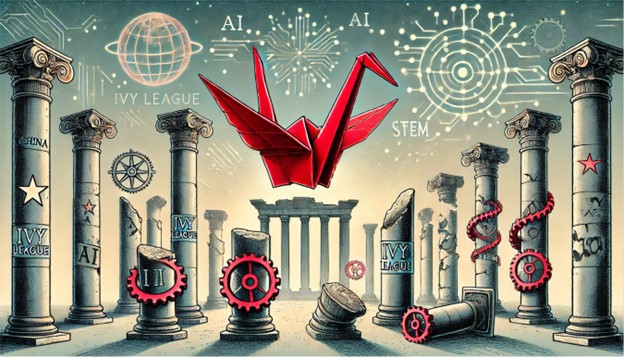
Inside China's University Strategy: A Distinct Kind of Dream The Emergence of a New Academic Order: Redefining Global Excellence The East Is the Starting Point for the Future of Global Education
Read More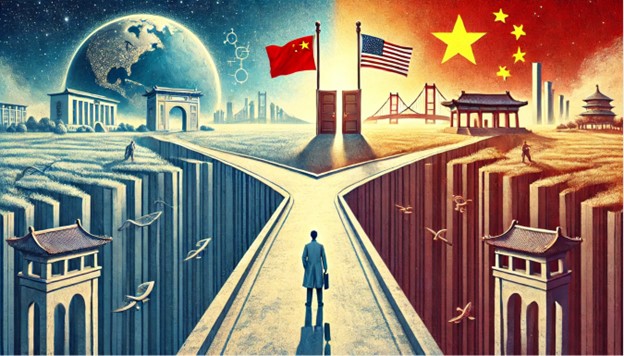
The Reverse Flow of Chinese STEM Talent and Factors to the Reverse Brain Drain Consequences for the Global Knowledge Economy and China The Future of Scientific Migration Reverse Brain D
Read More
Building Global Influence Through Offshore Campuses and Digital Expansion Attracting and Retaining Talent Amid Geopolitical Tensions Enhancing Domestic Higher Education to Meet Strategic National Goals China ha
Read More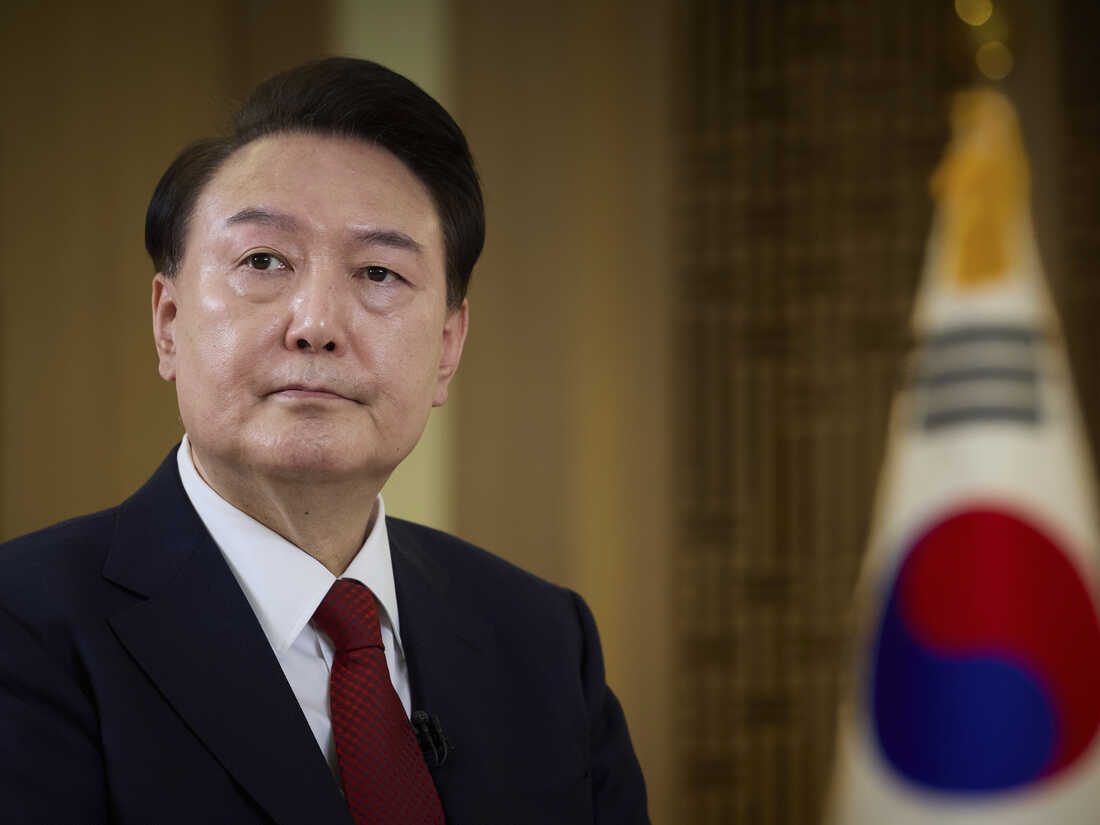
The Crisis Emerges: Impeachment, Martial Law, and Arrest National Security Concerns and Allegations of Foreign Influence The Future of South Korea's Democracy: Economic and Social Fallout
Read More
Overseeing the Fiscal Deficit and Revenue Generation Investing in Artificial Intelligence and Future Industries Higher Education: Maintaining Excellence Despite Budget Cuts Source:
Read More
A New Era of Collaboration: Japan's Academic Outreach to Africa Overcoming Obstacles: Cultural Distinction, Language Barriers, and Financial Limitations Japan's Global Influence and the Impact on Africa's Development
Read More
In 2009, South Korea implemented a tuition fee moratorium that was effectively mandatory for universities. Institutions that attempted to increase fees were subject to financial penalties to enforce this policy. The University of Seoul implemented the "half-price" tuition policy in 2012, which served to further solidify this policy. The tuition fee freeze and halving significantly reduced the university's annual cost to approximately 2.4 million won ($1,820), which is under the jurisdiction of the Seoul Metropolitan Government.
Read More










